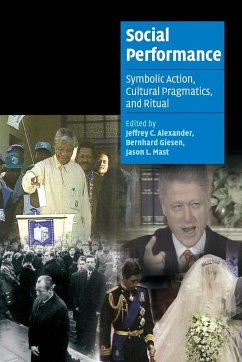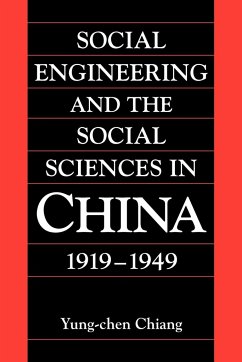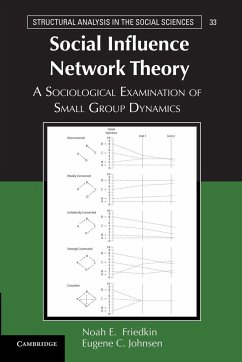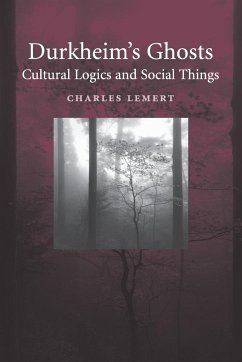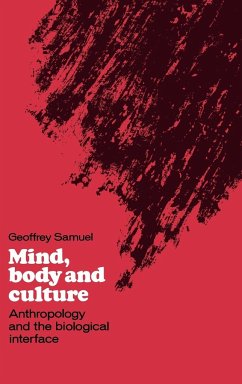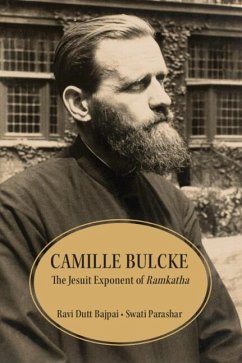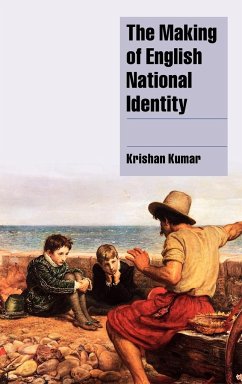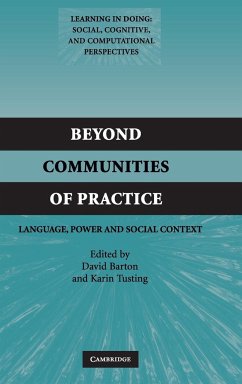
Beyond Communities of Practice

PAYBACK Punkte
42 °P sammeln!
The concept of 'communities of practice' (Lave and Wenger 1991, Wenger 1998) has become an influential one in education, management, and social sciences in recent years. This book consists of a series of studies by linguists and educational researchers, examining and developing aspects of the concept which have remained relatively unexplored. Framings provided by theories of language-in-use, literacy practices, and discourse extend the concept, bringing to light issues around conflict, power, and the significance of the broader social context which have been overlooked. Chapters assess the rel...
The concept of 'communities of practice' (Lave and Wenger 1991, Wenger 1998) has become an influential one in education, management, and social sciences in recent years. This book consists of a series of studies by linguists and educational researchers, examining and developing aspects of the concept which have remained relatively unexplored. Framings provided by theories of language-in-use, literacy practices, and discourse extend the concept, bringing to light issues around conflict, power, and the significance of the broader social context which have been overlooked. Chapters assess the relationship between communities of practice and other theories including literacy studies, critical language studies, the ethnography of communication, socio-cultural activity theory, and sociological theories of risk. Domains of empirical research reported include schools, police stations, adult basic education, higher education, and multilingual settings. The book highlights the need to incorporate thinking around language-in-use, power and conflict, and social context into communities of practice.





